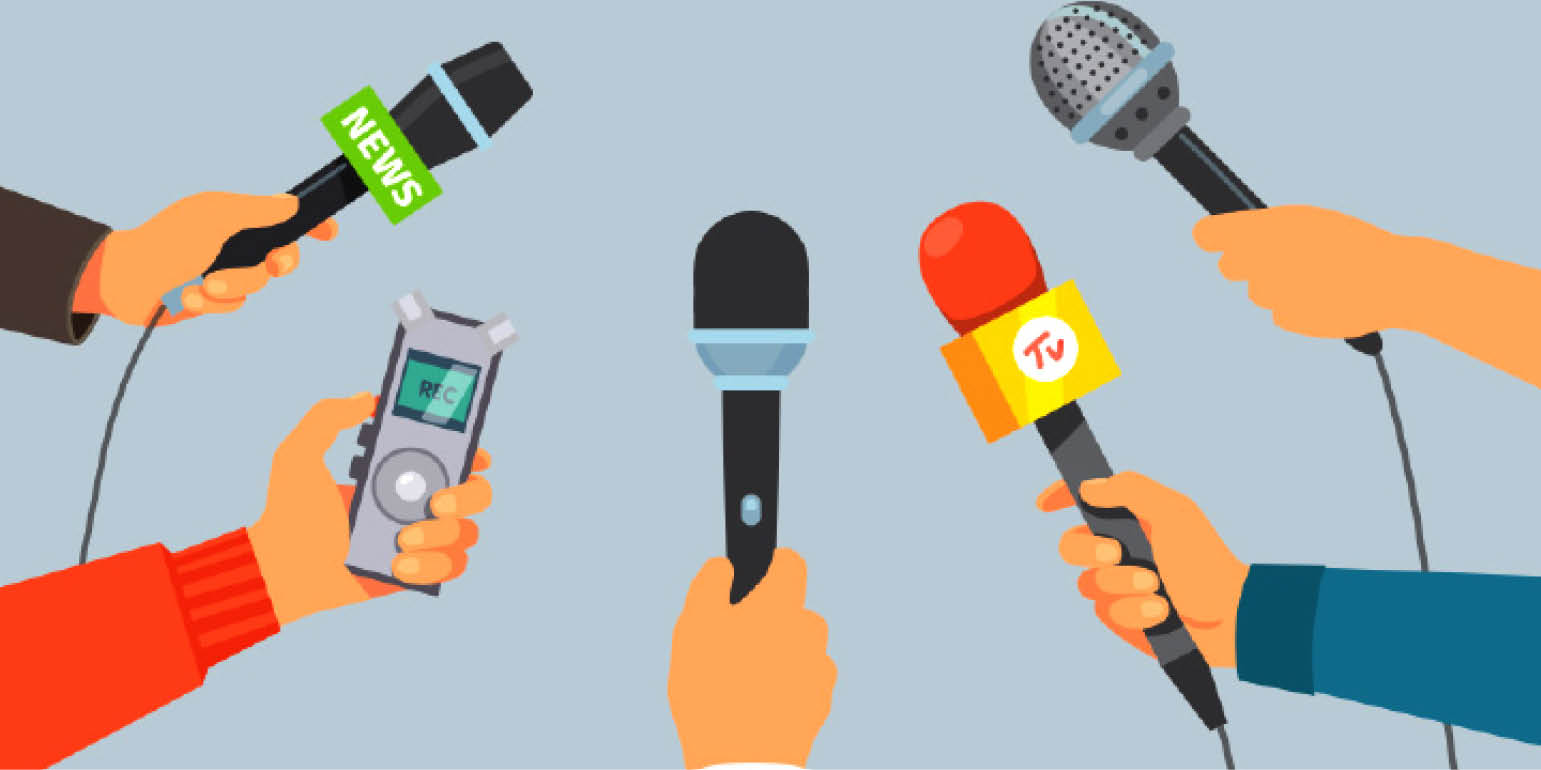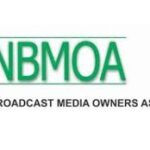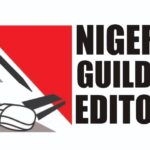The Newspaper Proprietors Association of Nigeria (NPAN) Tuesday said it adopted the new co-regulation and Code of Ethics for the media industry to address ethical and professional concerns in the industry.
The decision was reached last week at the end of a media roundtable organised by the NPAN in conjunction with the Nigerian Guild of Editors (NGE), the Nigeria Union of Journalists (NUJ), the Broadcasting Organisations of Nigeria (BON) and the Guild of Corporate Online Publishers (GOCOP).
A communique signed by NPAN Executive Secretary, Feyi Smith, said media chiefs and operators noted that the success of the co-regulation would be achieved via a workable enforcement mechanism.
According to the communique, the media roundtable was convened within the context of the imperative of a strategic response to the challenge of institutionalizing self-regulatory mechanisms by the media for the media.
- N500bn SME loan: Senate summons finance minister, Emefiele
- NIGERIA DAILY: Why Every Nigerian Should Pay Tax
“To achieve co-regulation, the Nigeria Press Organisation (NPO) comprising NPAN, NGE, and NUJ, along with BON, would work together to make the co-regulation system effective, particularly through the establishment of the ombudsman at local and central levels,” the communique partly read.
Those in attendance included the president, NPAN/NPO, Mal. Kabiru A. Yusuf; president of NGE, Mustapha Isah; president of NUJ, Chris Isiguzo; president of GOCOP, Maureen Chigbo; and the executive secretary, BON, Yemisi Bamgbose. The communique said the stakeholders resolved that efforts be made to avoid the creation of bureaucratic structures that may have high-cost implications and therefore constitute obstacles to the efficient operation of the ombudsman.
“That sanctions for the violation of ethical codes and professional standards shall be determined by the Ombudsman, guided by the regulation.
“That media professional bodies and associations shall partner with media organisations to give wide publicity to the decisions of the Ombudsman.”
On revised Code of Ethics for journalists in Nigeria, the communique that a bill of rights would be incorporated into the revised code to address concerns over some industry practices that tend to undermine the welfare and safety of journalists.
“That the revised code shall protect investigative journalism by making the public interest exception to instances where undercover methods may be used to obtain information.
“That the revised code shall distinguish between paid content and editorial content to preserve editorial integrity; and a new clause would be inserted to obligate journalists to promote the right of the people to know, freedom of the press and responsibility.”
The roundtable had two technical sessions in which presentations were made on ‘Pathway to Co-regulation through an Ombudsman Framework’.
Speaking at the event, the Editor-in-Chief/Senior Vice Chairman, LEADERSHIP Group Limited, Mr Azu Ishiekwene, based his presentation on the report of the committee of the NPO comprising NPAN, NGE and NUJ instituted in May 2021. The committee was mandated to develop a framework for a generally acceptable, workable, and trusted self-regulatory platform for the industry, both at the local and central levels.
The second presentation was on ‘A Guide through the Revised Code of Ethics for Nigerian Journalists’ by the Editor-in-Chief, Diamond Publications/founder of the Diamond Awards for Media Excellence (DAME) Trust Fund, Mr Lanre Idowu.

 Join Daily Trust WhatsApp Community For Quick Access To News and Happenings Around You.
Join Daily Trust WhatsApp Community For Quick Access To News and Happenings Around You.


